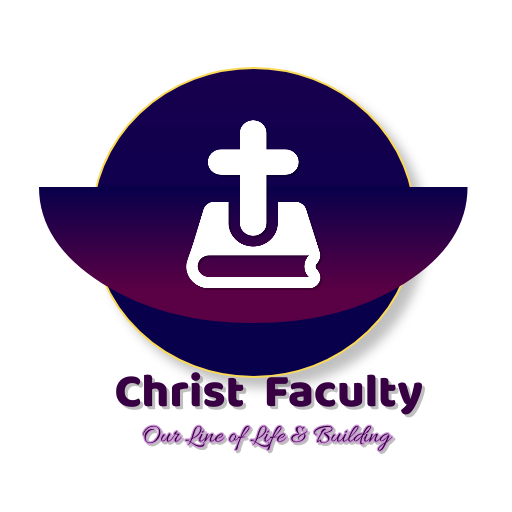
What is the New Covenant? — Part 2
We have seen that the new covenant enacted/endorsed in the blood of the Lord Jesus is actually now a testament and a will, containing numerous bequests/inheritances for our experience and enjoyment of Christ that we may carry out God’s New Testament economy. We need to go on to see the contents of this new covenant, this new testament.
The first item of the contents of the new testament, and perhaps the most important, is the imparting of God’s laws into the inward parts of our being. Hebrews 8:10, quoting Jeremiah 31, tells us that God will put His laws into us and write them upon us. These laws are not a series of commandments for us to keep. On the contrary, these laws are various aspects of what the Bible calls the law of life, the automatic and spontaneous function of the divine life imparted to our spirit through regeneration (Rom. 8:2). In His covenant, His testament, God has bequeathed/given to us the law of life, the function of the divine life. As this unique law spreads throughout our inner being, it becomes many laws. The particular goal of the function of this law, which becomes many laws, is that we are conformed to the image of the firstborn Son of God (Rom. 8:29).
The second item of the contents of the new covenant is that we have God as our God, and we become God’s people (Heb. 8:10). This is not merely to believe in God and belong to God in an objective way. Rather, this is to have God imparted into us, to live in us, and be expressed through us. In this way God becomes our God, the God we enjoy, experience, and live. Also, we become God’s people, not simply in the sense of belonging to Him through redemption, but also in the sense of having God constituted into us to become His corporate expression.
Third, through the divine life and through the law of the divine life, we have the capacity to know God inwardly and subjectively (Heb. 8:11). This is why the Scripture says that we will not need someone to teach us outwardly, and neither will we teach others outwardly to know the Lord. Rather, the Bible says, “All will know me from the little one to the great one among them.” In this context, to know the Lord is not to know Him in an objective, theological way; it is to know Him inwardly, personally, experientially, and intimately.
The fourth item is a marvelous bequest concerning the forgiveness of sins (Heb.8:12). We might be inclined to list this item as the first. God, however, caring primarily for His economy and secondarily for our fallen condition, placed this item last. But it is most precious. God has bequeathed/given to us in His covenant a deep assurance concerning the forgiveness of sins. God says that our sins and iniquities He will by no means remember any more. What a marvelous forgiveness this is! This is a divine forgiveness with a divine forgetfulness. God forgives us to the extent that our history of sins is destroyed, and God has no remembrance of them. We are thoroughly and absolutely forgiven.
Since this is our situation, we should enjoy the spreading of the law of life within us. We should enjoy God and become His people. And we should enjoy the inward capacity in the divine life to know Him personally and experientially. These are the contents of the new covenant and they are great indeed. These contents are worthy of our praise and of our opening to the Lord that we may thoroughly experience them for God’s economy.
Tag:Life Questions




